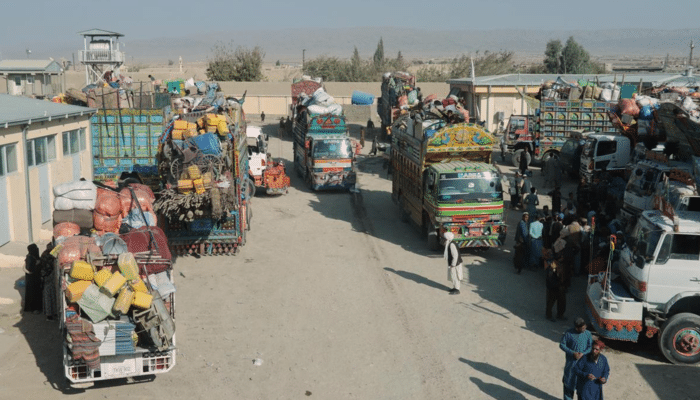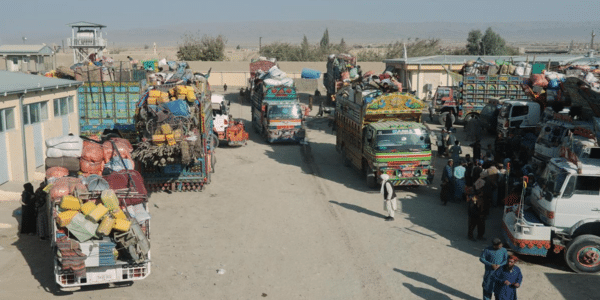
Istanbul, Turkey — In a concerted effort to stabilize their volatile border, officials from Pakistan and Afghanistan convened in Istanbul today for the second round of negotiations aimed at reinforcing the ceasefire established on October 19 in Doha. Mediated by Qatar and Turkey, the initial talks marked a significant de-escalation after a week of intense cross-border clashes that resulted in numerous casualties.
Background of the Conflict
The recent hostilities were ignited by Pakistan’s allegations that Afghanistan was harboring militants from the Tehrik-e-Taliban Pakistan (TTP), responsible for a series of attacks on Pakistani soil. In retaliation, Pakistan conducted airstrikes in Afghanistan’s Paktika province, targeting what it claimed were TTP camps. Afghan officials condemned these strikes as violations of sovereignty and reported civilian casualties, including women and children, which further strained relations.
Objectives of the Istanbul Talks
The Istanbul discussions focus on establishing a comprehensive and verifiable monitoring mechanism to oversee the ceasefire and prevent future violations. Pakistan’s Foreign Ministry spokesperson, Tahir Andrabi, emphasized that the primary objective is to ensure that Afghan territory is not used to launch attacks against Pakistan. He also noted that transit trade through Afghanistan remains suspended until the security situation is thoroughly assessed.
The Afghan delegation, led by Deputy Interior Minister Mawlawi Rahmatullah Najeeb, has expressed a commitment to addressing the security concerns raised by Pakistan. Both sides have acknowledged the importance of sustained dialogue to achieve long-term peace and stability in the region.
International Mediation Efforts
The role of Qatar and Turkey in facilitating the ceasefire and subsequent talks has been pivotal. Their diplomatic efforts have provided a neutral platform for both nations to engage in constructive dialogue, aiming to resolve longstanding issues and prevent further escalation. The international community has welcomed these mediation efforts as a positive step towards regional peace.
Looking Ahead
As the talks progress, the focus will be on translating the ceasefire into a sustainable peace agreement. Key issues such as the establishment of a joint monitoring body, the reopening of border crossings for trade and humanitarian aid, and the repatriation of refugees are expected to be central to the discussions. The outcome of these negotiations will be crucial in determining the future trajectory of Pakistan-Afghanistan relations and regional stability.





